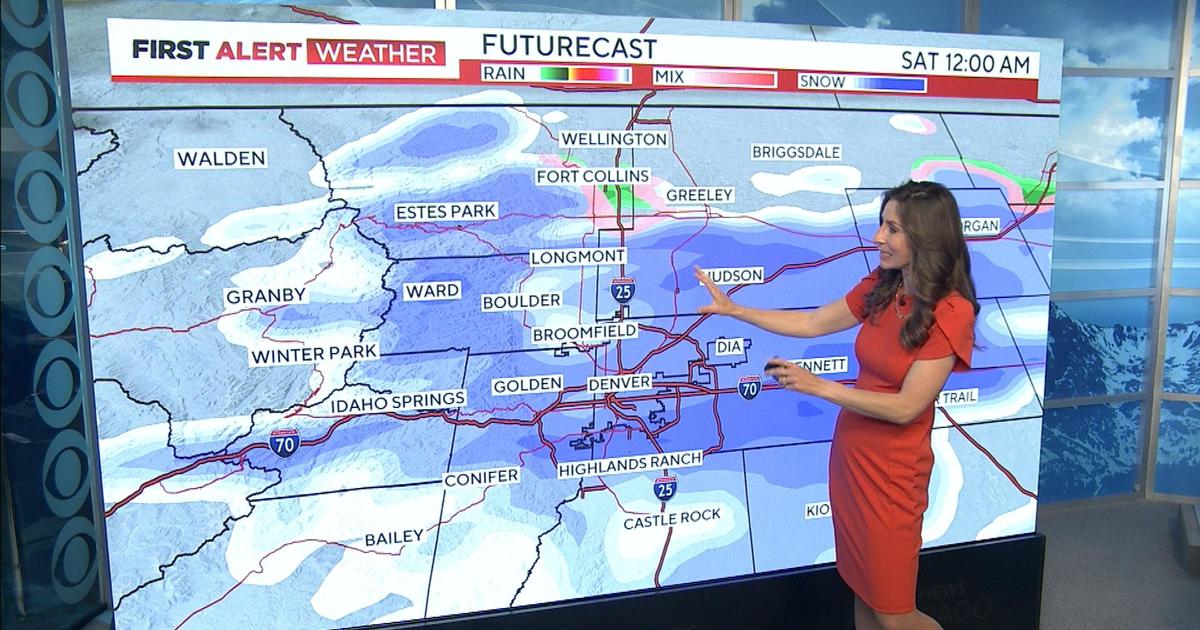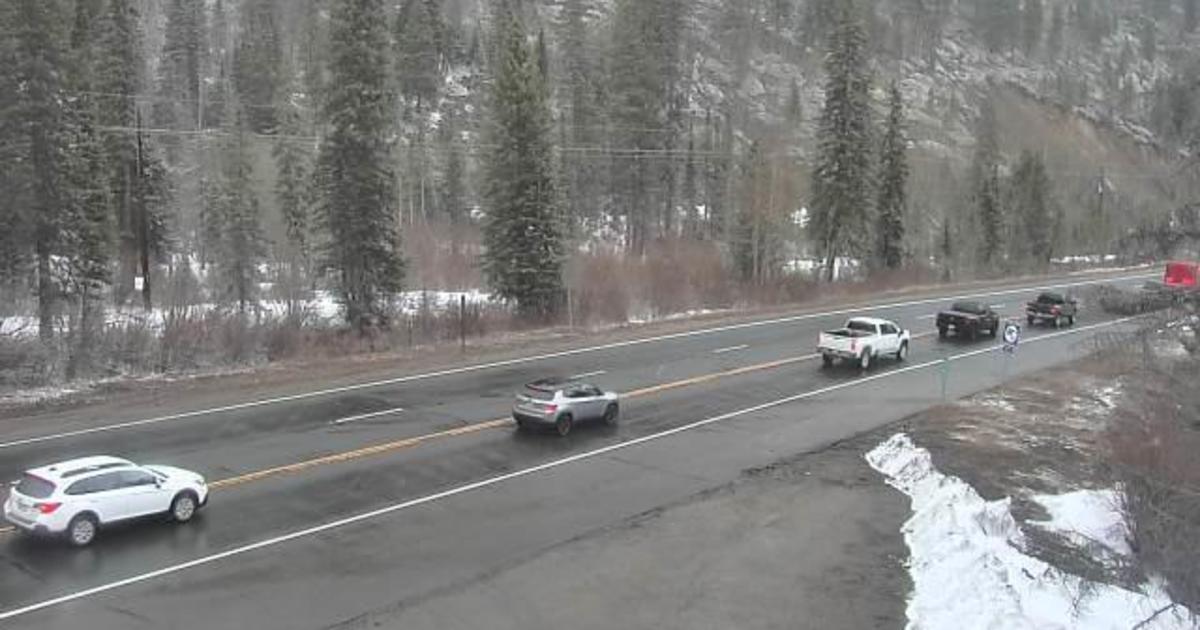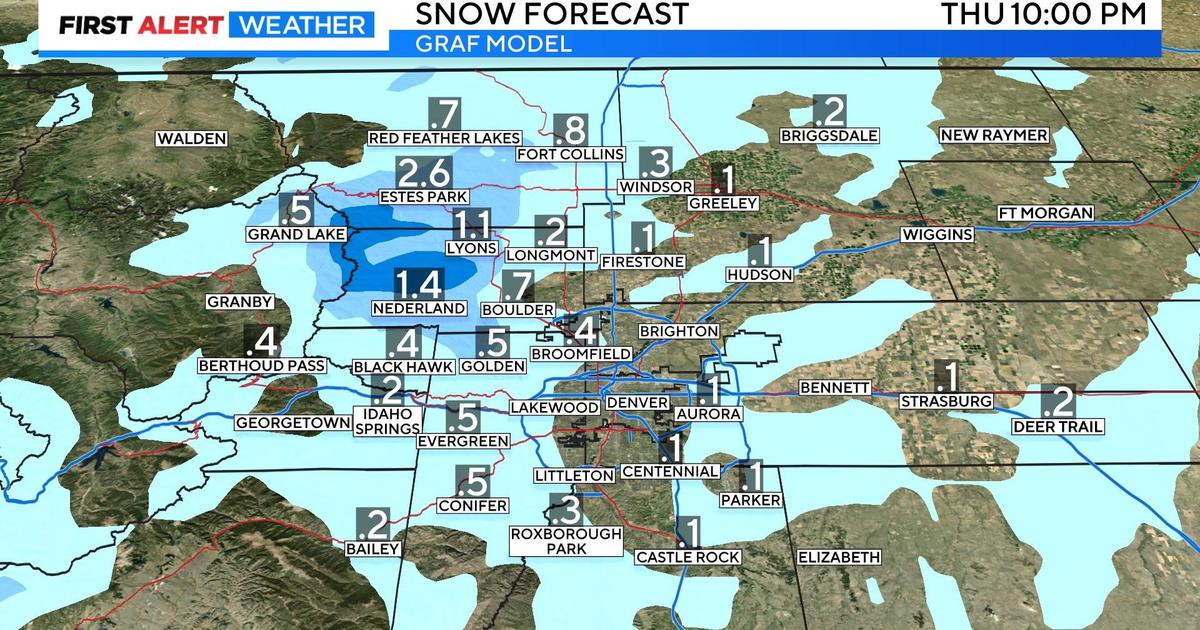April Cold Snap Damaged Colorado Peach Crop
PALISADE, Colo. (AP) - A chilly spring means fewer peaches this year from western Colorado, where a balmy late winter followed by an April cold snap damaged budding blooms and buds.
April frosts reached unusually deep into the Grand Valley, where most of the state's peaches are grown, The (Grand Junction) Daily Sentinel reported Friday (http://bit.ly/ZiNmwt).
Growers on the east end of the region reported especially heavy damage from the cold snap.
"It's the worst I've seen it," said James Sanders, of the Palisade Peach Shack, who farms 40 acres of peach trees near Interstate 70. Sanders estimated that he lost 90 percent of his crop this year.
Farmers say it's too soon to know how much smaller this year's state peach crop will be. They say there probably will be enough peaches to satisfy in-state demand and that the surviving fruit likely will be bigger and sweeter than usual.
Some of a tree's tender peach buds can survive below-freezing temperatures for a limited amount of time, but hours of such temperatures, like with the stubborn cold mass that settled into Palisade in April, wiped out a big portion of harvests, growers said.
But some growers fared better.
"It's really hit or miss," said Steven Sherer of Aloha Organic Fruit, who expects a full harvest.
"You could say it's my skill as farmer or that God answered my prayers. You pray a lot, period," Sherer said. "I guess I just kind of got lucky this year. Some of my friends got hurt real bad."
Cherry and apricot buds were almost entirely killed, area growers report. The cold snap also damaged grapevines in the region.
Nancy Janes, the owner and winemaker at Whitewater Hills Vineyards, estimates winter's frigid temperatures claimed two-thirds of her grape harvest.
She and her husband, John Behers, work eight varieties of wine grapes on 24 acres.
"When you get cold like we did this winter and the wind's blowing, there's not much you can do to help," she said.
Hit hardest were the merlot and muscat canellit grapes, but late-budding cabernet and riesling varieties were not as affected, Janes said.
"We're still going to have plenty of wonderful wines," Janes said. "We make winemaking a multiyear process. Sometimes the fact that we have a hard year can make it more exciting in the winery."
(© Copyright 2013 The Associated Press. All Rights Reserved. This material may not be published, broadcast, rewritten or redistributed.)



